APPSTACLE
Vehicle connectivity for novel applications

- Project
start
October 2016 - Project
end
December 2019 - Project
leader
Matti Frisk
Ericsson, Finland - More
information
https://itea4.org/project/appstacle.html
The automotive industry is undergoing disruptive changes in terms of structure, players and products. One of the key pillars of the transformation will be increasing connectivity. As an open-source project and ecosystem for connected vehicles, the APPSTACLE project provides open source implementations for standards and functionality required to realise automotive connectivity solutions, thereby helping to shape this transformation.
In the automotive domain, there is an increasing demand for software related to services like location, media and driving assistance. Although high-end cars now contain hundreds of millions of lines of code, development takes place in silos belonging to each manufacturer or OEM. To meet consumer needs at this high level of complexity while avoiding ‘walled’ proprietary solutions from a few monopoly players, a secure, open car-to-cloud and cloud-tocar platform is needed.
The ITEA project APPSTACLE, hosted at the Eclipse Foundation and gathering 21 partners from Finland, Germany, the Netherlands and Turkey, has created such a platform, connecting cars and transportation vehicles to the cloud using hybrid communication technologies for V2X (vehicle-to-everything) communication. Eclipse facilities have been used to build an open ecosystem in which security, privacy and identity requirements can be met, allowing the platform to be used in a wide range of vehicles. Standard interfaces use Internet of Things (IoT) connectors to link in-car data to the cloud, allowing for software updates and the upgrading of application systems, software solutions and services.
As a vehicle-to-cloud ecosystem, the APPSTACLE project has enabled the vehicle connectivity infrastructure and added functionalities to connect to an open-source environment for developing, deploying, maintaining and monitoring invehicle applications. For vehicles without in-built connectivity, an open-source dongle (hardware) can be used to access the vehicle data. Data on aspects such as speed, temperature and driver behaviour can be fed to the outside world, where it can be applied in new and existing market sectors. Additionally, the consortium has adopted an ontology standard [1] which enables the interoperability of the implementations between vehicle manufacturers and unified data models for in-vehicle signals and data-intensive application development.
Several use cases have been implemented and verified with end-to-end functionalities in order to demonstrate the software developed in the APPSTACLE project. Driver authentication, for instance, can be used by municipalities to manage public transport drivers, who must provide fingerprint scans to open the engine control system. Roadside assistance, meanwhile, is based on the vehicle’s Electronic Controller Units (ECUs) and uses algorithms to automatically analyse these ECUs when a problem is detected. If a software patch is already available, this can be downloaded to pre-emptively correct the issue. Another use case was created by a set of partners in which artificial intelligence was leveraged to characterise personal driving styles. This data is used for services during the ownership or use of a vehicle, including insurance, rental, parental control, etc. The APPSTACLE project provided 15 demonstrators involving various vehicle-centric use-cases.
On 30 November 2019, the project announced the first release of the Eclipse KUKSA platform that unified the technologies across the vehicle, IoT, cloud and security domains to provide an open-source ecosystem to developers which addresses the challenges of the electrified and connected vehicle era. The platform is supported by an integrated development environment as well as an app store where device owners can select and install applications. Eclipse KUKSA is an open-source project and is available for download from the Eclipse Foundation [2].
Dissemination of the APPSTACLE project demonstrators and the open-source Eclipse KUKSA platform (https://www.eclipse.org/kuksa/) amongst developers immediately attracted 38 contributors to increase the platform’s development capabilities and functionalities through complementary open-source software libraries and components. This led to several external collaborations, including a connectivity gateway proof-of-concept with industry partners and traffic simulation with Eclipse SUMO [3].
APPSTACLE 2022 and beyond
Today (2022), the KUKSA project, initiated by APPSTACLE partners, is still being actively developed and utilised in various contexts and new spin-off projects. For example, it has recently been used in a system that demonstrates how to detect tampering in the exhaust cleaning system of trucks [4].
KUKSA is continuously being updated to support changes to the Vehicle Signal Specification (VSS) [1], an industry-wide effort between OEMs, TIER 1 and other suppliers to standardise vehicle data. This has recently also been adopted by Amazon AWS, making it a publicly available, open-source implementation of that specification. By continuously providing VSS-compliant software components, KUKSA continues the vision of APPSTACLE to provide open standards and implementations for connected car ecosystems.
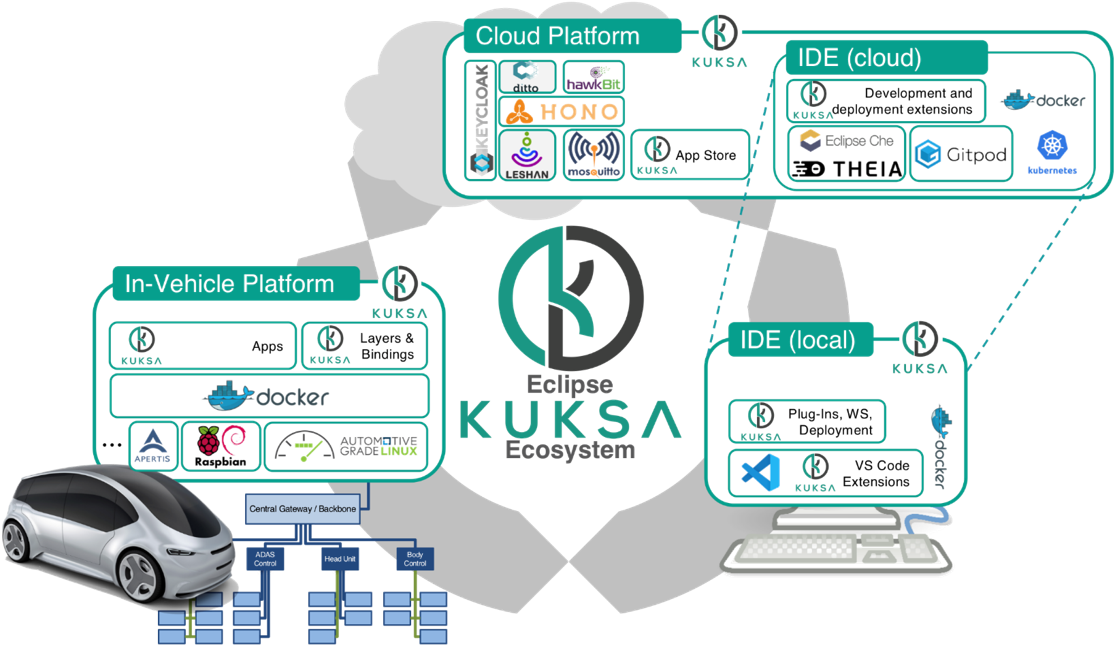
Besides software, APPSTACLE also created the KUKSA PiOBD Raspberry-Pi 3-compatible opensource hardware that can be connected directly to the diagnostics (OBD) port of a vehicle. Version 2 of this hardware is currently under development by the KUKSA project, which will provide more computing power and two CAN FD interfaces, allowing even better access to vehicles and enabling low-cost entry to the development of in-vehicle applications and work with in-vehicle data.
Additionally, Eclipse KUKSA is targeting the industrial sector and offering non-manufacturing companies in the automotive domain the opportunity to access new markets and business models, such as allowing rental companies to track the status of their vehicles and optimise their turnaround management. As an alternative to OEM proprietary solutions, this is also a means for SMEs to enter the field of vehicle connectivity (currently worth USD 14.5 billion).
Academic dissemination is another key result of the project, with APPSTACLE having so far played a role in 10 Masters of Science and 14 PhDs across Europe. The consortium has also organised three Eclipse KUKSA-related courses and summer schools which were attended by around 150 students in total. KUKSA should therefore become an asset in teaching and research for automotive IoT end-toend frameworks.
Vehicle Signals Standardisation is ongoing and includes a generic, extensible data model specified by the W3C [5]. The World Wide Web Consortium (W3C) is an international community that develops open standards to ensure the long-term growth of the web
In the long run, Eclipse KUKSA will make disruptive changes to the automotive value chain. One aspect is the emergence of new forms of connectivity: street infrastructure (e.g. streetlamps, traffic lights) hold the potential to become information base stations to enable data processing near to the car rather than in the cloud. Most importantly, however, is that Eclipse KUKSA shows large companies that there is more to be gained from sharing data than from protecting it within proprietary solutions. As more vehicles become connected, more applications and services will emerge. Companies can therefore enhance the business domain while increasing the size of their own share.
In the research and education domain, KUKSA is currently shaping itself towards a de facto mobility research platform for managing data around transport, smart mobility and vehicle, driver & passenger data-intensive use-cases. The University of Oulu’s software engineering research unit, M3S, has adopted KUKSA software components for test vehicle data pipeline instrumentation, vehicle-tocloud data management and V2X instrumentations around new smart mobility use-cases related to the evolving 5G test network in the Oulu region. In regard to 6G [6] wireless network technologies and the cloud & edge computing continuum, meanwhile, the KUKSA platform allows for empirical research on the future needs of the automotive vertical, which is expected to set a new requirement for 6G radio networks and traffic infrastructure systems and services. In 6G research, KUKSA also has an important role as a platform for live demonstrations and university student exercises around software-defined vehicle concepts and technologies around cloud & edge computing and continuous/secure software deployments in the automotive domain.
At Dortmund University of Applied Sciences and Arts, KUKSA enables research regarding the virtual validation of cloud-native mobility services. The KUKSA cloud platform is therefore used to run mobility services based on microservices, while simulation tools continuously generate data for the proper validation of a service’s functionality and the fulfilment of non-functional requirements.
References
[1] “Vehicle Signal Specification.” https://covesa.github.io/vehicle_signal_specification/ (accessed
Jan. 26, 2022).
[2] “Eclipse KUKSA.” https://www.eclipse.org/kuksa/
(accessed Jan. 26, 2022).
[3] “Eclipse SUMO - Simulation of Urban MObility.”
https://www.eclipse.org/sumo/ (accessed Jan. 26,
2022).
[4] “Kuksa.val for SCR Anti-Tampering in trucks
[Talk].” https://www.eclipse.org/kuksa/blog/2021/06/24/2021-06-24-eclipsesaam-scr-anti-tampering/ (accessed Jan. 26, 2022).
[5] “Vehicle Signal Specification (VSS)/Vehicle Data
Spec - Auto.” https://www.w3.org/auto/wg/wiki/
Vehicle_Signal_Specification_(VSS)/Vehicle_
Data_Spec (accessed Jan. 26, 2022).
[6] “6G Flagship.” https://www.oulu.fi/6gflagship/
(accessed Jan. 26, 2022).

Other chapters
Use the arrows to view more chapters

Editorial
By Jan Jonker

Country Focus: The Netherlands
with ambitious mission-oriented strategic frameworks

MEDrecord
focus on patient-centric care
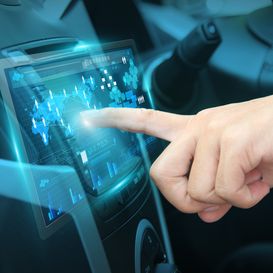
ITEA Success story: APPSTACLE
Vehicle connectivity for novel applications

Community talk with Arda Güreller
A real (ITEA) family man at heart

ITEA Success story: PS-CRIMSON
A one-look overview of the city in 5 seconds
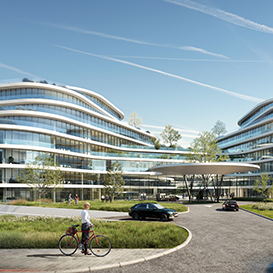
SME in the spotlight: assar
Where diversity and inclusiveness are keys to co-creation
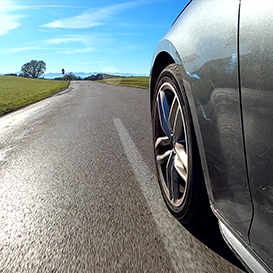
By and for end-users
EMPHYSIS eFMI: get on board or risk missing out
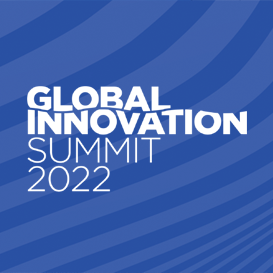
Global Innovation Summit 2022
Creating a sustainable Atlantic

Smart city challenges
Moving to a data driven Tampere for citizens
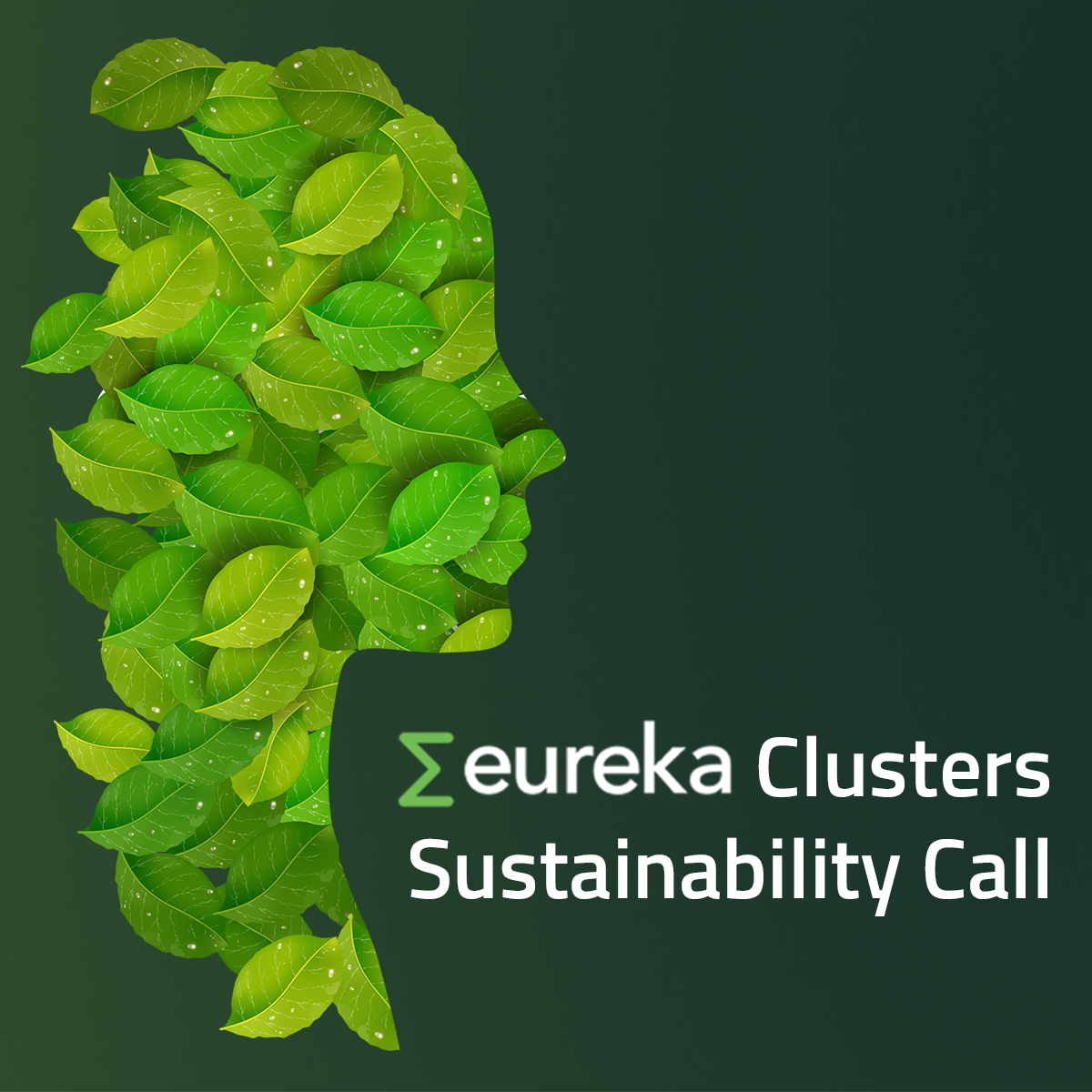
Ready to make industry more sustainable and greener?
Participate in our Eureka Clusters Sustainability Call 2022!

